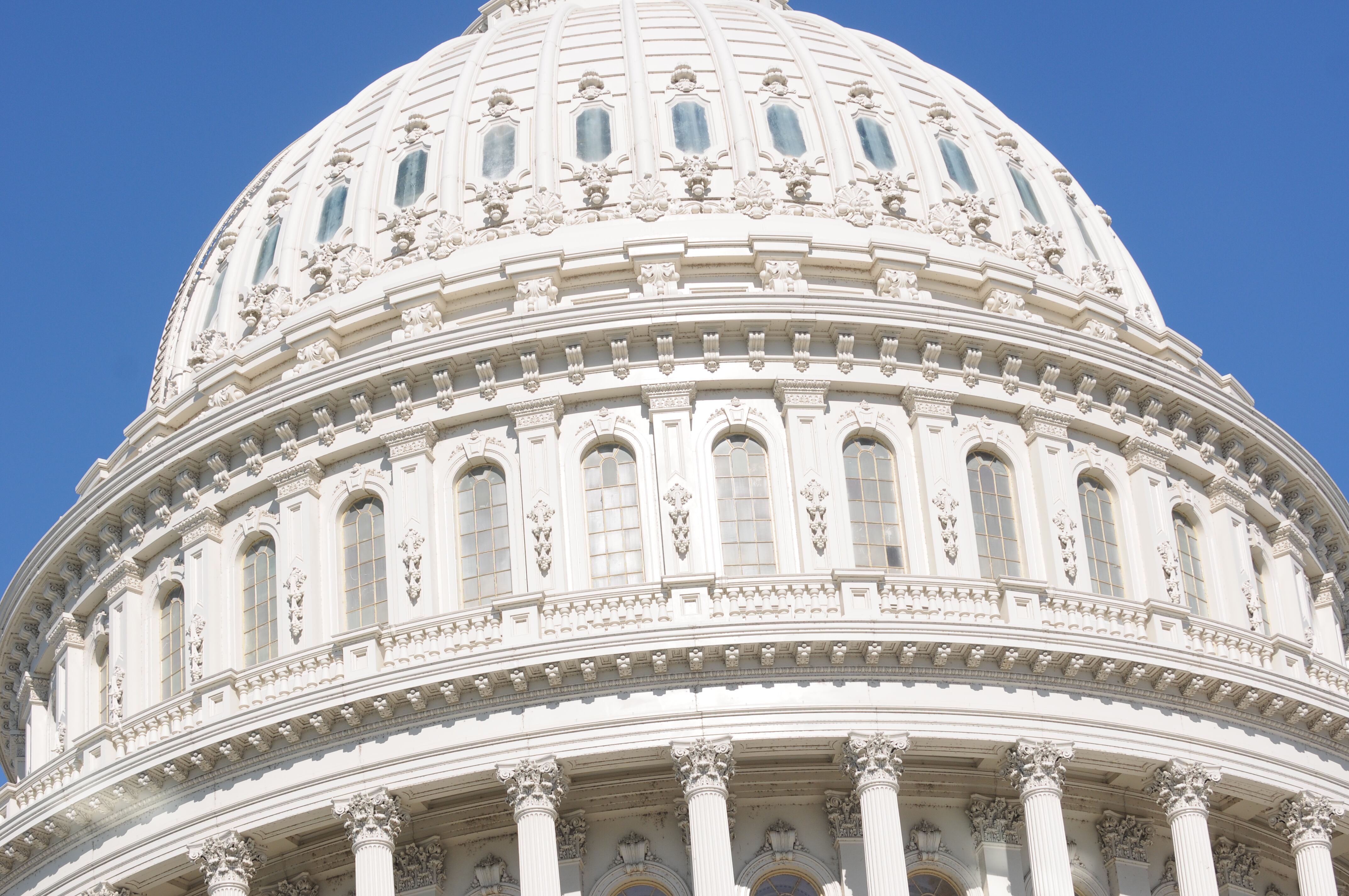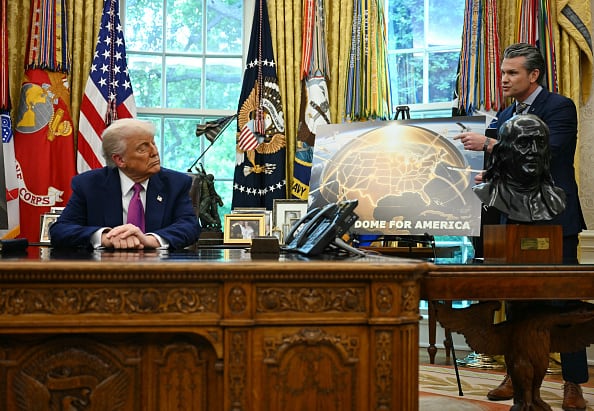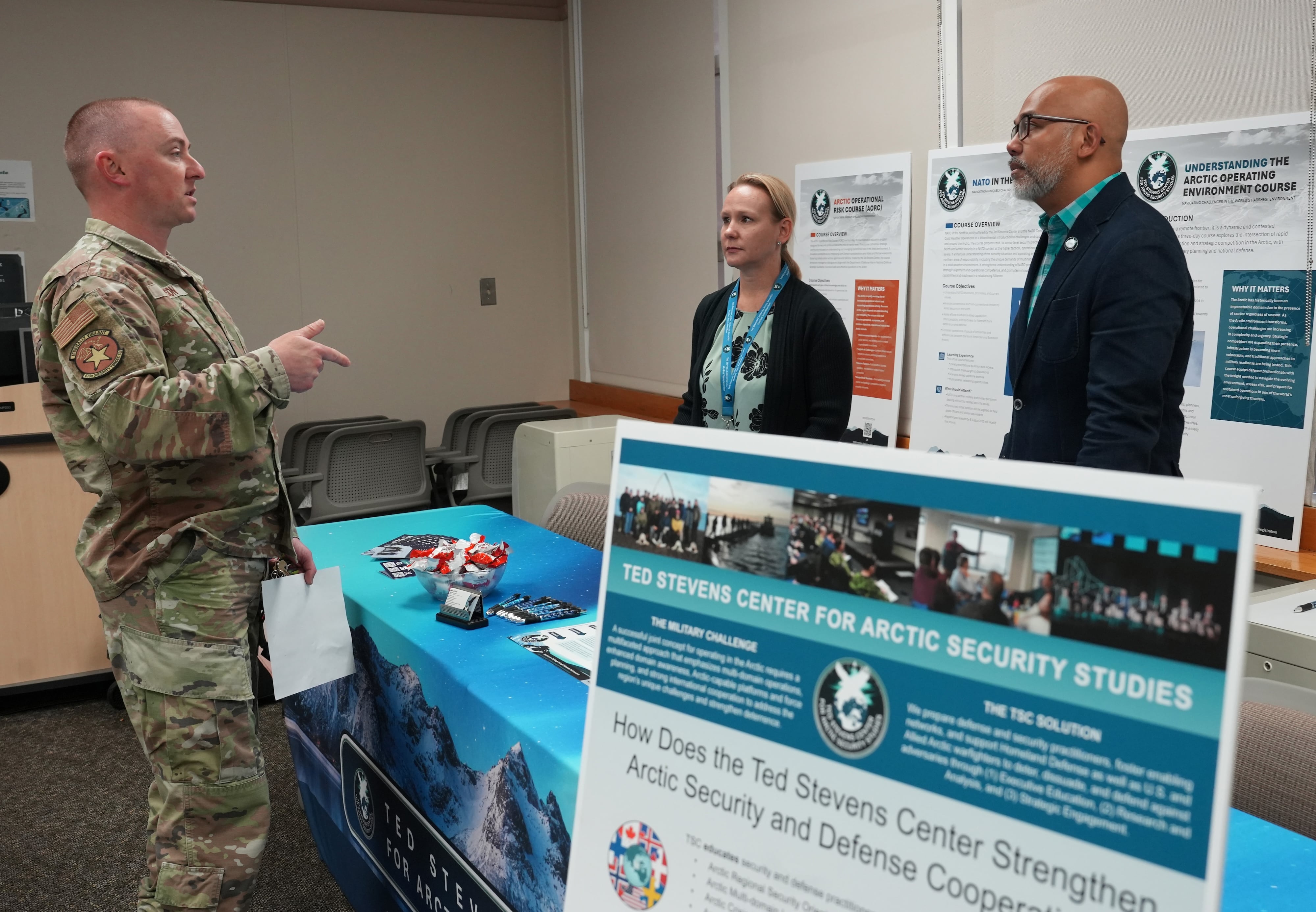With less than a week until the 2017 cost-of-living-adjustment is decided, federal retirees are cautiously waiting to see if their Medicare Part B premiums are about to spike.
On Oct. 18, the Bureau of Labor Statistics will release the September numbers for the Consumer Price Index for Urban Wage Earners and Clerical Workers — which measures the prices certain service and clerical worker groups face in the market.
Those numbers, combined with July and August's CPI-W performances, will make up the COLA formula for the next year. If the quarterly figure falls below last year's mark of 232.661, then the COLA benefit will remain unchanged.
And that may be just what federal retirees are hoping for.
Because of a deal made in last year’s Bipartisan Budget Agreement, federal retirees will only have to cover the Medicare Part B premium of $121 a month if there is no COLA in 2017.
But if the COLA comes in slightly higher — say at 0.1 or 0.2 percent — then that triggers a rule called the hold harmless provision. The rule allows 70 percent of Medicare beneficiaries, those that receive Social Security benefits, to cap their premium increase.
Those without Social Security benefits, however, have to pick up the rest of the premium costs, which are projected to be $149 a month in 2017.
The non-held harmless account for 16 million retirees, including former federal employees that are newly retired, those who are not yet eligible for Social Security benefits, and individuals enrolled in the Civil Service Retirement System, who receive separate benefits. The latter is estimated to be about 1.6 million. A select few beneficiaries with incomes more than $85,000, $170,000 if a couple, will remain on income-based premiums and will see a sliding scale of increases.
Since the BBA accounted for no COLA, but not a low COLA, federal retirees face the possibility of a 23 percent premium increase.
This is also coupled with Medicare deductible increases that could possibly rise to $204 a month in 2017.
On Sept. 27, 75 national organizations — including the National Active and Retired Federal Employees Association, American Federation of Government Employees and National Treasury Employees Union — sent a letter to congressional leadersasking for an extension of the BBA protections to guard against a minimal COLA increase.
"As it did in 2015, Congress should make it a priority to shield people with Medicare from the unintended consequences resulting from the application of the hold harmless provision," the letter said. "No beneficiary should be forced to pay more than they otherwise would simply because some beneficiaries are afforded critical protections against reductions in their Social Security checks."
But unlike last year, there is no standing legislation in Congress to prevent the increase. Legislation could be included in a continuing resolution if congressional leaders negotiate one prior to Dec. 9, but it’s unclear whether there is a fix in the works at this time.
So federal retirees may have to wait until BLS’s Oct. 18 announcement of the CPI-W numbers to learn what their premiums could be next year.





